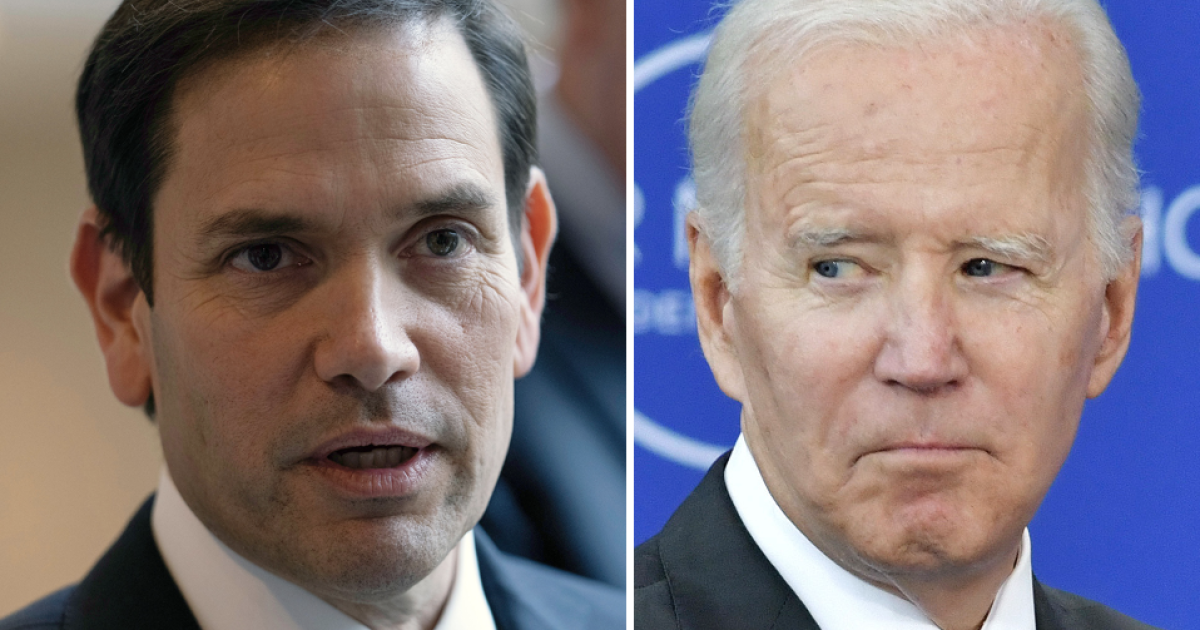

The Senate passed a disapproval resolution overturning the Biden administration’s decision to waive “Buy America” requirements for government-funded electric chargers, the latest attempt to complicate the White House’s plan to electrify cars. Although the measure is expected to pass the GOP-controlled House, the White House has threatened to veto the measure, likely killing the move.
The measure passed in a 50-48 vote.
SOCIAL SECURITY UPDATE: FIRST ROUND OF DIRECT PAYMENTS WORTH UP TO $4,555 ARRIVES TODAY
The Buy America provisions, written into law by the 2021 bipartisan infrastructure bill, require federal infrastructure projects such as electric vehicle chargers to obtain at least 55% of the construction materials from domestic sources and be totally manufactured in the United States. In February, the Federal Highway Administration issued a temporary waiver to suspend the 55% requirement until July 2024. The waiver would still require the chargers to be assembled at a U.S. factory.
In July, Sen. Marco Rubio (R-FL) and other Republican senators introduced a joint resolution under the Congressional Review Act to overturn the FHWA waiver, subjecting the EV charging projects to the bill’s original requirements.
“Waiving the Buy America requirements on EV chargers won’t help American taxpayers or workers,” Rubio said in a statement. “It hurts American companies and empowers foreign adversaries, like China, to control our energy infrastructure. We should never use American dollars to subsidize Chinese-made products.”
Democrats, however, argue that implementing the resolution would have the opposite effect and lead to fewer U.S.-made chargers. They reasoned that if the rule were overturned, EV chargers would revert under the FHWA’s general waiver for manufactured products, which exempts highway infrastructure from domestic sourcing requirements.
In 1983, the Reagan administration exempted manufactured products from being required to be sourced and produced in the U.S., except for steel and iron manufactured items. The FHWA rule, finalized in March, waived requirements for steel, iron, manufactured products, and construction materials in EV chargers until next year.
“Under the Rubio resolution, these requirements would go away. They vanish,” said Sen. Tammy Baldwin (D-WI) during floor remarks. “It makes me think, and the resolution itself suggests, that he’s more interested in scoring political points rather than doing the hard work of increasing the number of products and the number of programs that are subject to Buy America requirements.”
In an interview with reporters on Tuesday, Rubio rebuffed the arguments.
“I don’t agree with their analysis, but I understand why they’re saying that,” Rubio said. “They’re against it.”
CLICK HERE TO READ MORE FROM THE WASHINGTON EXAMINER
The White House threatened to veto the resolution in a statement of administrative policy Wednesday, stating that the resolution would harm domestic manufacturing and American jobs.
“If enacted, S.J. Res. 38 would undermine the hundreds of millions of dollars that the private sector has already invested in domestic EV charging manufacturing, and chill further domestic investment in this critical market,” the statement reads. “If the President were presented with S.J. Res. 38, he would veto it.”





